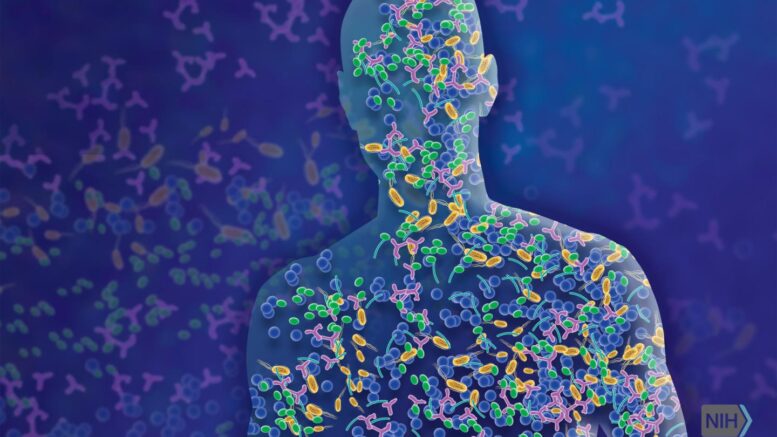In a Policy Forum, Diane Hoffman and colleagues argue that direct-to-consumer (DTC) microbiome tests lack analytical and clinical validity and require more federal regulation to prevent consumer harm.
A growing body of research has suggested the potential for improving human health by better understanding the microbiome, leading to the emergence of a global industry selling DTC microbiome services. However, despite its impact on the lifestyle health and wellness market, regulation of the DTC microbiome testing industry has been virtually ignored.
According to Hoffman et al., these companies’ claims of having the ability to detect “abnormal” microbiomes are not substantiated by research. “As a result, consumers may be financially exploited or harmed by inappropriate use of test results that neither they nor their doctors understand,” Hoffman et al. write.
According to the authors, DTC microbiome companies claim they can determine whether an individual’s microbiome is healthy or “out of balance” and suggest that this could be the reason for one or more health issues. Given the lack of oversight, this could lead some companies to knowingly mislead consumers. For example, if a customer’s microbiome shares characteristics with “unhealthy” patients – findings derived from each company’s proprietary algorithms – the company may suggest subscribing to nutritional support services sold by the respective companies and ordering further testing to track improvement.
Consumers may be misled to believe these products are regulated and may substitute critical medical treatment for unregulated, unproven alternatives. “To address concerns over such potential harms,” the authors say, “we conclude that regulators should develop requirements for the industry to document and demonstrate the consistency and validity of methods and claims.”
Source: American Association for the Advancement of Science (AAAS)
